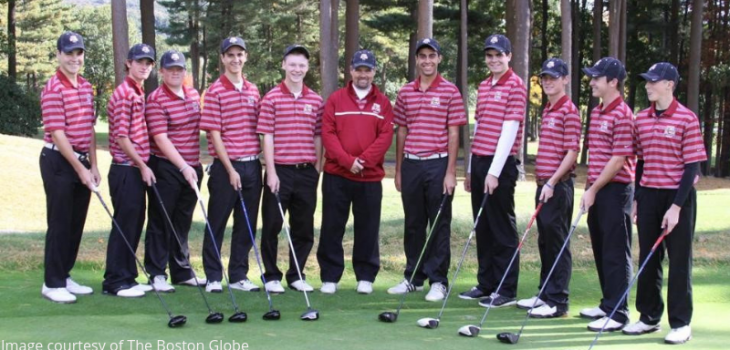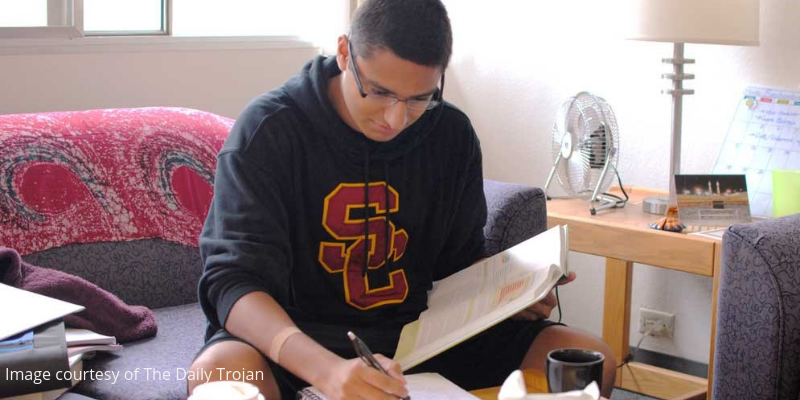
Does playing high school golf have any impact on a junior golfer wanting to play at the collegiate level? Junior golfers, parents and college coaches from across the country will have different views when it comes to the topic, but high school golf presents unique playing opportunities that competing in a regular junior event cannot. Let’s take a look at five ways that make high school golf unique and how it can help a junior golfer easily transition into playing at the collegiate level.
Team Based Competition & Environment
When one thinks of golf, a team atmosphere is usually not the first thing to come to mind. However when you play golf for your high school team, you are part of a brotherhood or sisterhood of golfers competing together. High school golf allows you to experience individual and team based play. Invites and matches you are competing by yourself, but your practices, tryouts, qualifiers, van rides, team dinners and workouts all involve spending time, getting along, and working together with your teammates. Your teammates provide extra motivation, added sense of competition, and encouragement for your golf game. Learning how to exist in a team atmosphere can help you prepare for your college golf career along with how to effectively work and communicate with others.
Representing your school
When you go off and play in a junior tournament, you are only representing yourself. High school golf provides an opportunity to be part of something bigger than yourself. One of the greatest things about high school sports is that you are competing for your school and representing your community. Playing golf for your school can bring a sense of pride and motivation that you typically wouldn’t experience in a regular junior event. You are not only playing for yourself, you are competing for the name on your bag and the mascot on your shirt.

Balancing school and golf
Being a high school golfer is not always an easy task. Typically, you will miss classes since your meets and invites will be on the weekdays. Communicating effectively with your teachers on what you will miss that day and how you can make up your classwork will be crucial so you don’t fall behind in your classes. Learning the skill of time management will serve you well once you reach the college level. My one word of advice for any high school or incoming college golfer is to communicate with your teachers, let them know ahead of time that you are missing class, and ask what you can do to make up for the missed work.
Coach and mentor atmosphere
Not enough can be said about the impact a good high school golf coach can have on a team and the impact it can make in the lives of the players. I know, I was one of them. For many junior golfers, their high school golf team is the first time they have leadership on and off the course. A few ways that coaches display leadership is by helping with practices, school work, high school matches and their personal life. Being around a coaching staff or older mentors can prepare a junior golfer for what it will be like at the college level: following a schedule, being on time, practicing good manners and how to be a good teammate.

Competitive, yet fun events
Junior tournaments in the summer are typically a grind where your mindset is all business and you are typically playing as an individual. High school golf gives you a chance to be with your friends, be part of a team, and actually have fun on a golf course. At the college level, you and your team will be competitive and want to win, but you will spend a ton of time on and off the course together making friends and relationships that can last your entire life.
If you are a junior golfer debating on whether or not to compete for your high school team, I encourage you to take part and realize than many lessons and values can be applied from high school to collegiate level golf.